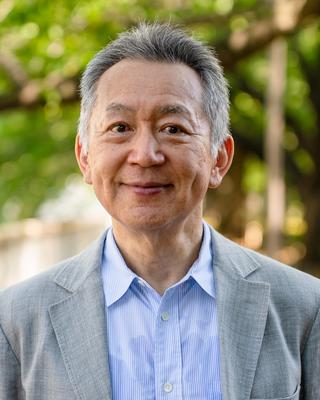Column Energy and the Environment 2025.05.29
Urgent Recommendations for the Revitalization of Nuclear Energy in Japan
Study Group on Next-Generation Nuclear Energy Utilization in March 2025
Summary
Japan is currently faced with a raft of difficult challenges related to the use of nuclear energy, with its nuclear human resources dwindling. In order to rebuild Japan's nuclear power industry and revitalize nuclear energy use for sustainable growth in the future, we must now embark on specific measures with a firm will based on a long-term strategy.
In the 2022 interim recommendations, we recommended a more realistic method of high-level radioactive waste treatment, contribution to nuclear non-proliferation, and risk minimization as three conditions for making the post-large light water reactor (LWR) era sustainable. In light of subsequent changes in the global and Japan's environments, we propose, in addition to these three conditions, what challenges need to be addressed and the direction in which they should be handled under the new circumstances.
(1) Nuclear Energy Vision
Now is the time for us to have a national nuclear energy vision that places nuclear power at the center, with a view to the entire life cycle of nuclear power in the future. The vision must be discussed and consensus reached in an open process, based on the opinions of a wide range of nuclear experts on everything from power generation to the nuclear fuel cycle, especially back-end experts, as well as the opinions of many stakeholders in society, while ensuring full disclosure and transparency of information on nuclear energy policy.
(2) Radioactive Waste, Decommissioning, and Fast Reactors
We must establish as soon as possible an international cooperative framework for the commercialization of next-generation fast reactors with the UK, France, the US, South Korea, and other countries so as to avoid duplication of time, cost, and human resources involved in their development and commercialization. Meanwhile, we believe that it would be effective to implement a specific initiative concerning pyroprocessing and the fast reactor cycle through a trilateral cooperation among Japan, the US, and South Korea, while also cooperating with the Idaho National Laboratory (INL) in the US.
(3) International Cooperation
International cooperation in the use of nuclear power is a matter of urgency. In particular, there will be an increasing need to jointly develop and maintain supply chains among major countries that face similar challenges and at the same time share fundamental values.
(4) Facilitation of Finance
There is room to consider diversifying financing sources and the government assuming a certain level of risk as a response to risks that are difficult for operators to foresee, such as stricter regulations on nuclear power use and extended construction periods.
However, given the time constraints, pursuing many measures simultaneously could itself be a major risk. Therefore, we should also consider choosing the "second-best solution." Specifically, we should, while nuclear human resources are still available in Japan, make a bold shift in conventional policy to focus on the utilization of existing nuclear power plants and their cleanup, i.e., decommissioning, Fukushima debris treatment, and spent nuclear fuel management, treatment and disposal, especially high-level radioactive waste disposal.
Read All
Urgent Recommendations for the Revitalization of Nuclear Energy in Japan(Summery)
Urgent Recommendations for the Revitalization of Nuclear Energy in Japan
Members of Study Group on Next-Generation Nuclear Energy Utilization, CIGS


